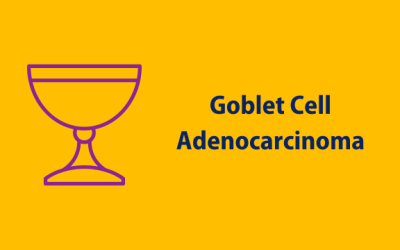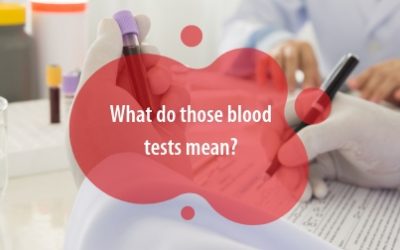It’s understandable to be worried about your risk of developing pseudomyxoma peritonei (PMP) if a close familial relative has it. However, it’s important to remember that PMP is a rare cancer and having a family member with it does not necessarily mean you will also develop it.
Although one initial study has shown that 10% of appendix cancers have a hereditary component, it’s not clear how often these genetic changes actually lead to PMP. While not definitive, it may represent an elevated lifetime risk above general population estimates. There are currently no specific screening tests to determine if you have an increased risk of developing PMP.
If you have concerns about your risk of developing PMP, it’s important to discuss them with your doctor and the medical team treating your relative.
My father was diagnosed with pseudomyxoma peritonei (PMP) in 2009 and it was a time all the family will never forget. We all went with him to Basingstoke when he had his operation and it was a long five weeks while we all took it in turns sitting with him and comforting him.
We all asked the question "Would any of us get PMP?" and we were all told it wasn’t hereditary. At (what was then thought to be) one in a million and very rare. Seeing everything my father had gone through made us all feel so different about life and that you only have that one chance.
Unfortunately my father only had three good months after his operation he saw his 4th grandchild into this world and he celebrated his 70th Birthday we don’t know where the strength came from that evening but he danced nearly all night !!!! He passed away eleven months after his operation.
Then, in July 2018. I too was diagnosed with PMP, me being his daughter. I was told I was apparently the first person in the world to inherit the cancer. I had exactly the same operation and the same surgeon, Tom Cecil, as my father.
The most scary thing was I knew what was coming in that what I had to go through!!!! I was glad to be home recovering.
I just want to let people know that it’s so hard trying to tell doctors you don’t feel well and being told it’s not PMP because it’s not hereditary!!!!!
PMP is a rare and often misunderstood condition. Many doctors are understandably not familiar with it. But that does not mean patients’ symptoms should be dismissed.
Just because a condition is labelled “non-hereditary” does not mean there are no exceptions. More research is needed to better understand if and how PMP may be passed on in some cases.
Catching PMP early, before it has spread widely, is key to the best chances of survival. So listening carefully to patients’ symptoms and concerns is vital for doctors.
The experience of having a loved one go through PMP can help prepare you mentally and emotionally for your own diagnosis. But it does not make the reality any less difficult. Having support from family and friends is incredibly important.
Sharing your story can help raise awareness of PMP and the challenges faced by patients and families. You are helping others by telling your story.
References
Inherited Cancer Susceptibility Gene Sequence Variations Among Patients With Appendix Cancer
Holowatyj AN, Washington MK, Tavtigian SV, Eng C, Horton C. Inherited Cancer Susceptibility Gene Sequence Variations Among Patients With Appendix Cancer. JAMA Oncol. 2023;9(1):95–101. doi:10.1001/jamaoncol.2022.5425
You might like to read
What is goblet cell adencarcinoma
Goblet cell adenocarcinoma is a rare type of cancer that arises from cells that are normally present in the lining of the appendix.
Tumour markers CEA, CA125 and CA19-9, what are they and what do they mean?
A tumour marker is a substance of the blood that appears at a higher level than expected in your blood, in your urine or in a sample of your tissue. They may be produced by the presence of cancerous cells or by perfectly healthy cells.
Will exercising cause pseudomyxoma peritonei (PMP) to spread?
Engaging in exercise is generally beneficial for overall health and well-being, even for individuals with pseudomyxoma peritonei (PMP). Exercise can help improve cardiovascular fitness, strengthen muscles, boost immune function, enhance mood, and promote a sense of...



